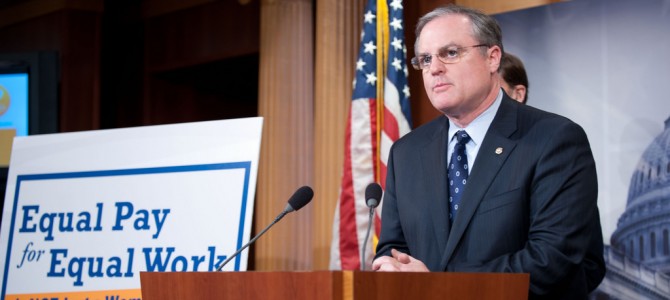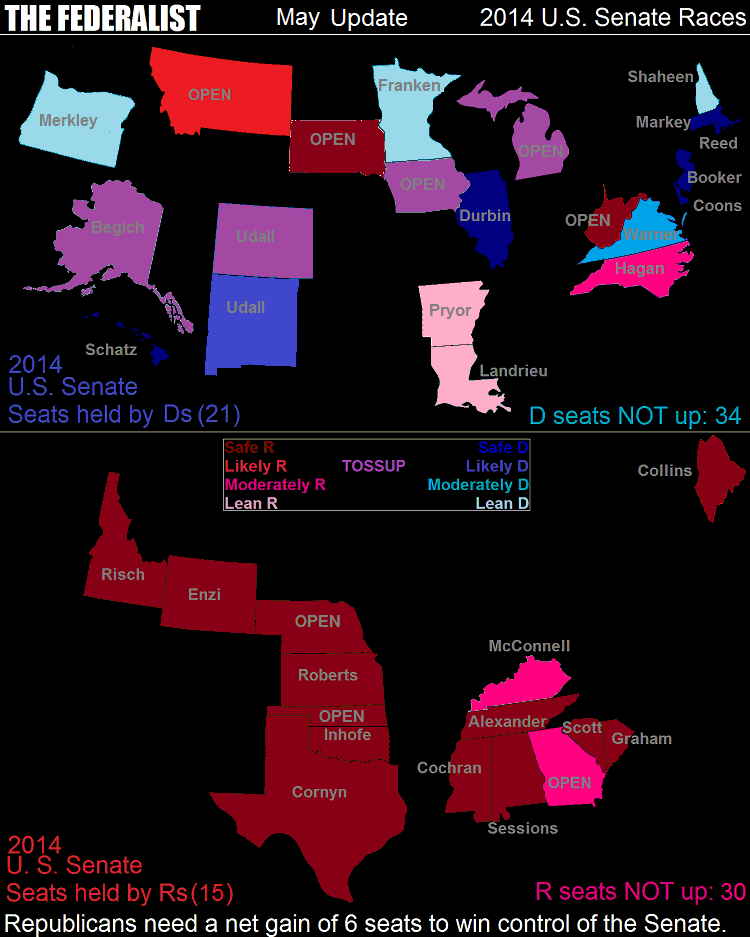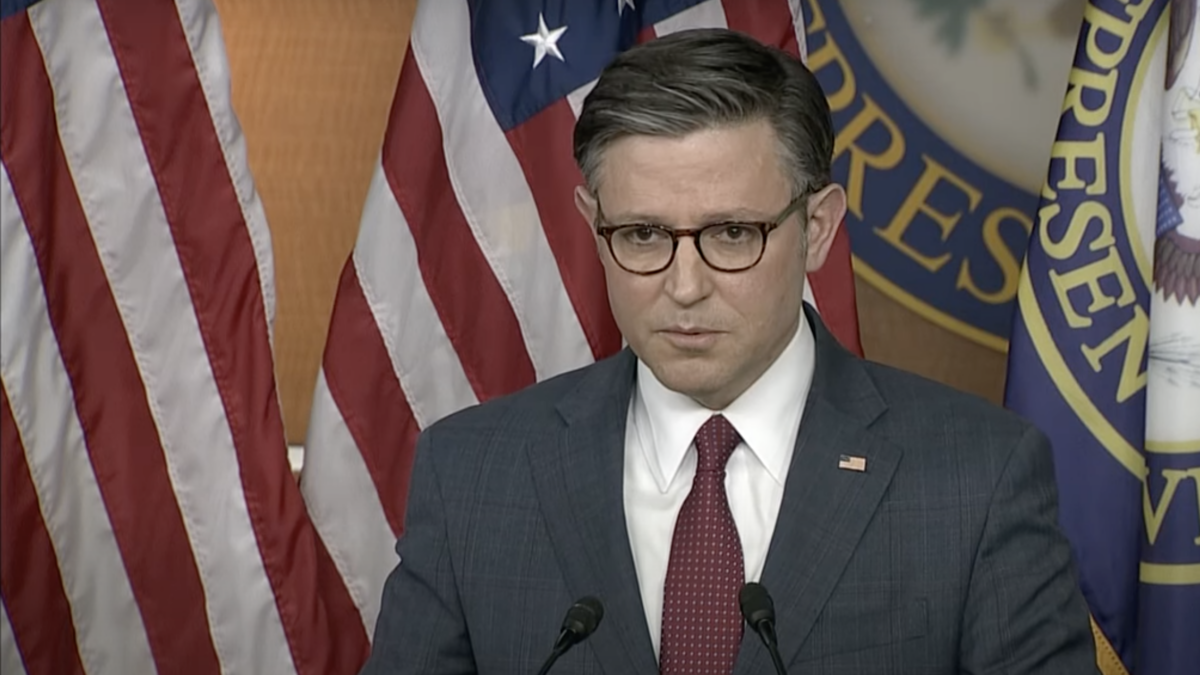
The greatest battle in a Senate seat is the outside party’s desire to make it a national election, and the inside’s desire to keep things local. Local means utilizing all of the benefits of incumbency: name recognition, bacon brought home, distance from an unpopular President or party. In the state of Arkansas, a determined Senator Mark Pryor and his campaign staff have launched ad after ad, mostly unanswered by Republicans, and his numbers have greatly improved. The upside of watching others get carried away in midterm waves (Republicans in 2006, Democrats in 2010) is that you can learn a bit from what went wrong.
In the case of Arkansas, a state that has grown redder each year, we still find Pryor losing in the end, but not nearly by the margin we had before. He was never at risk of getting Santorumed (or perhaps Blanched would be more appropriate), but the radioactive numbers Obamacare and the President seem to receive there put his survival in doubt. We still doubt it, but not nearly as strongly as before. Cotton’s campaign, and the various Republican/Conservative/TEA/XYZ PACs that will be storming the airwaves in the Fall, ought to get to it to keep things that way. (Move in Democrat’s Favor: Moderately R to Lean R)
In the case of Michigan, the political makeup of the state may be making it’s presence known- after months of trailing in averages, Democrat Gary Peters now leads Land, albeit by a small margin. We have thus moved the race a designation down to the tossup it was at in our inaugural edition. (Move in Democrat’s Favor: Lean R to Toss Up)
In addition to the seats where we have changed our forecast, Democrats are making a push for two Republican-held seats, but both have their problems. First, Kentucky. While Grimes has kept the polling razor-thin, her support depends heavily on dissatisfied Bevin voters casting for her. The recent Bluegrass/Survey USA poll, for example, which gave her a 43% to 42% edge, found Mitch only getting 69% of the Republican vote against Grimes. This share is quite similar to Rand Paul’s in a 2010 PPP survey taken around the time of the Republican primary. In that survey, a full 43% of Grayson supporters insisted they would not vote for Paul in the end (link see here). That opposition completely vaporized come election day, when over 90% of Republicans voted, as expected, for Paul. While they may dislike McConnell, that even a majority of them would pull for someone much to the left of the Senate Minority Leader is extremely doubtful. Removing the Republican protest vote from her share in the polls puts the race roughly were we see it: McConnell holding onto a slightly greater than 5 point win.

Georgia is the other big target, and while polls indicate a close race, getting to 50% for a Democrat in as red a state as Georgia (particularly during a midterm) is bedeviling. Any review of current polling has to take into account the divided GOP field. Kingston and Perdue are headed for a runoff election in the Summer, and once that dust settles, we will see how strong Nunn actually is. I can easily see her getting 45 or even 46% of the vote, but falling short of 50% would mean even an Election Day “lead” rolls to a runoff in January 2015- a runoff race that will not favor her.
Now, Republicans are still favored to gain six seats, and with that, a majority. So why is the road tougher? Beyond the three states they are strongly favored in, no remaining race is a guarantee. North Carolina, in our opinion the next most favorable, still hosts residual distrust among non-Tillis Republicans of their candidate. We see him in the end beating Senator Kay Hagan by slightly less than the margin she enjoyed over Dole, but that margin can shrink considerably if the party fails to rally. After that, we’ve seen Cotton’s fortunes shrink in Arkansas, Republicans, while favored, still divided in Louisiana, and no worsening for the Democrats in Alaska, Iowa, and Colorado.
Republicans will benefit from a large field, Democrats from keeping their options limited. Note the current “Wehby the nutty ex-wife” ploy in Oregon and the calculated dance around Obamacare by candidates Michelle Nunn, Alison Grimes, Mary Landrieu and Pryor. If the Democratic dam were to burst now, even with months to recover, it would be far more damaging than for it to do so closer to election day. Why? Because if Senators look doomed, they won’t get the checks cut for their ads and manpower, and the prophesy becomes self-fulfilling.
Republicans would benefit most from a real unity within the party, one they had in 1994 but clearly lack right now. Conservative vs moderate, establishment vs Tea Party. These are fights that must be hashed out, but should have been during the wound licking of 2013. Instead, we are seeing them play out in real time during the primaries. Beyond calculated strategy and funding in defense, Democrats are benefiting most from a weakened opponent.
Looking closer at the in-fighting, we find only one primary fight remaining between clearly cut establishment/anti-establishment lines that favor the more anti-establishment forces: Mississippi, where incumbent Senator Thad Cochran is in the race of his life against state senator Chris McDaniel. Unlike the fights in Texas, Kentucky, and North Carolina, the polling trend indicates McDaniel has a legitimate shot at winning- indeed two recent polls actually give him a lead, though these were both paid for by Tea Party groups. That race will be decided a week from now, so the Republicans have an opportunity to begin congealing around a party-wide goal for the Fall.
Democrats have two cycles- 2006 and 2010- to carefully study and use in their quest to avoid a Republican romp. Republicans have two cycles- 2010 and 2012- to carefully study and use in their quest to avoid shooting themselves yet again in the face. The former seems to be wising up to the current political environment to play a wise defense, the latter seemed to be doing that (avoiding fringe candidates who could have put Georgia in play, immediately rebutting “War on Women” ads, and allegedly taking data more seriously), but still have a clearly divided house.
Lincoln issued an ever-relevant warning about what happens to a nation divided against itself. The same goes for political parties.
Brandon Finnigan has been covering polls and elections at the blog Ace of Spades HQ and on Twitter at @conartcritic since 2010. Between races, he shares his love of art, astronomy, and craft beer with his wife in Southern California.








